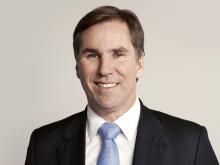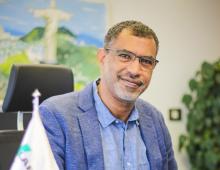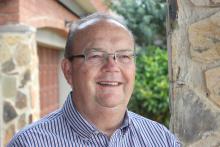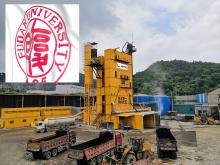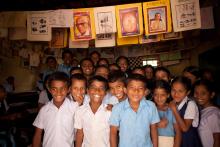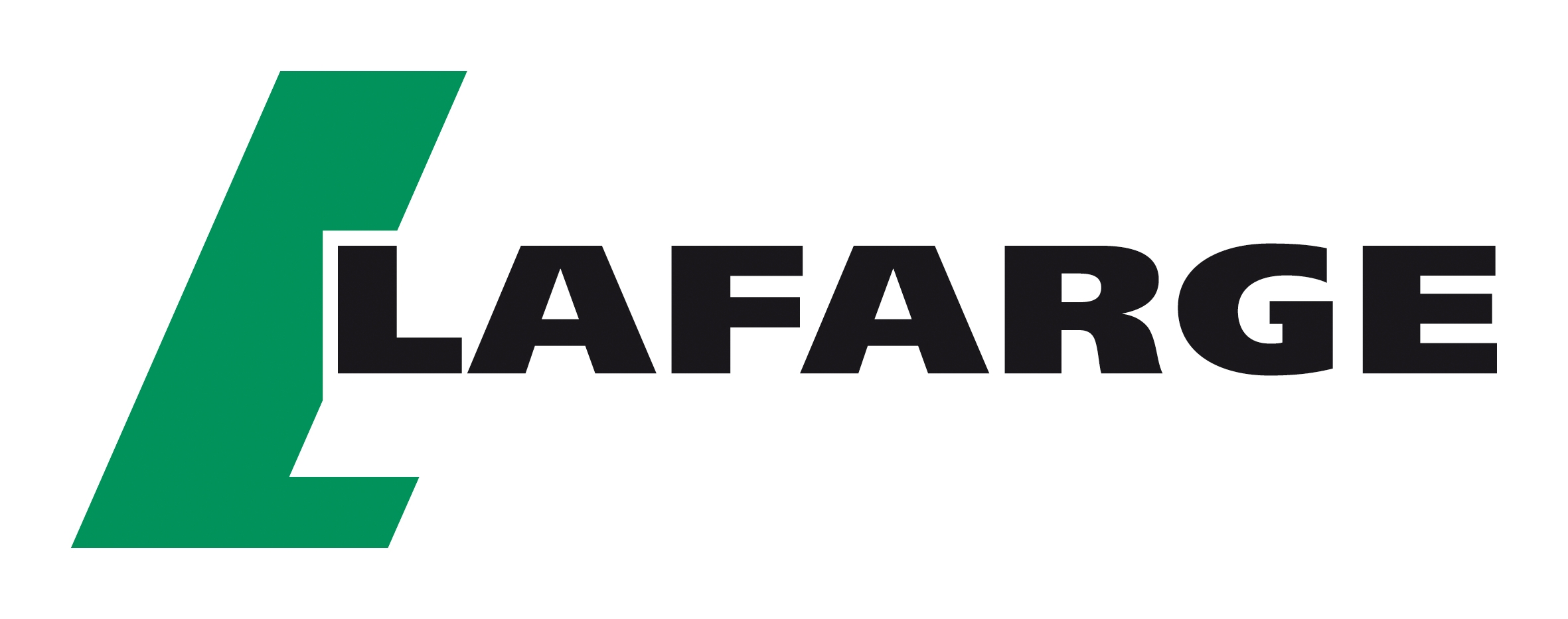
A member of Holcim, the company has invested around CHF 7.5 million (US$8.46mn) to reduce its operations' environmental impact by adopting state-of-the-art technology while prioritising the health and safety of its people and host communities.
Lafarge Africa sets high standards for health, safety, and the environment (HSE). To help achieve them, it has installed a new bag filter technology at its Ewekoro plant - a key milestone in the company's compliance with Nigerian Regulatory Standards and in line with its sustainability strategy.
"We continuously upgrade our operating models and strategy through extensive investments in research and innovation. To comply with global standards and contribute to building a safer planet, we successfully replaced our dust emission control device in our Ewekoro Plant I from the Electrostatic Precipitator (ESP) to a more modern and effective system, the 'Bag House' dust collection system," commented Rachael Ezembakwe, head of Health, Safety and Environment, Lafarge Africa.
To mitigate dust emissions from other sources, such as from roads surrounding its plants, Lafarge has instituted measures to consistently reduce fugitive emissions in all its plants, preserve the local environment and minimise the impact on the neighbouring/host communities. The company also conducts air quality measurements of its plant within a 10km radius to assure conformance to acceptable limits.
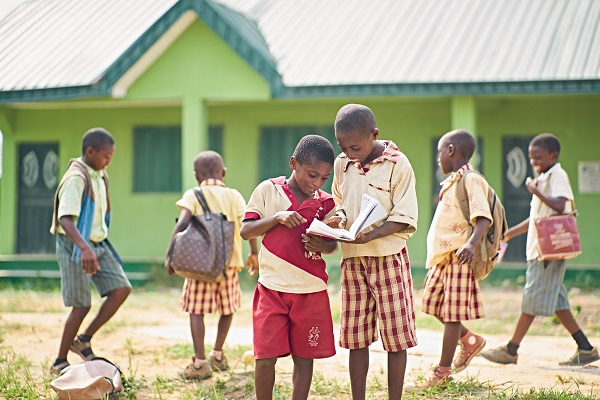
"We are fully aware of the environmental impact of our operations, particularly on our host communities. As such, we carried out a comprehensive social impact assessment in our Ewekoro plant in 2020, resulting in a robust action plan to reduce dust emissions. Implementing the action plan involved changing the Electrostatic Precipitator (ESP) used at the Plant to a bag house filter and other significant adjustments to our production activities over six months. A robust maintenance system was also put in place for the dust control equipment at the plant."
Ezembakwe added: "The dust emissions at our Ewekoro plant have since remained below the regulatory limit of 50mg/Nm3. The emission levels are also monitored in real-time to ensure that they stay within acceptable limits and are validated by the National Environmental Standard and Regulations Agency (NESREA). Quarterly monitoring exercises by government-accredited agencies are also conducted at the plant, and the inspection reports are submitted to our regulators.
She noted that Lafarge Africa maintains a good relationship with its host communities. As part of its corporate social responsibility, the building solutions company has continued to live up to its billing of improving the living standard of its host communities in Ewekoro and Sagamu in Ogun State with the provision of basic business & vocational skills, start-up kits, education grants, community projects, agricultural funds, healthcare and education facilities, among others, every year.
To reemphasise Lafarge Africa's commitment to the health of its host communities, Lafarge provides annual medical examinations and treatment, including medications, medicated glasses, wheelchairs, etc., to support the health of community members.
"As a member of the Holcim – the leading global construction materials and solutions company in the world, care for the environment and our host communities is built into all aspects of our operations within the country. Our social impact is focused on the areas of the most needs: Education, Empowerment, Health and Safety, and Shelter/infrastructure," she concluded.

